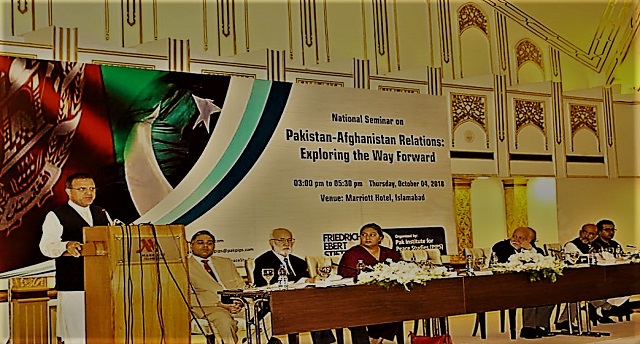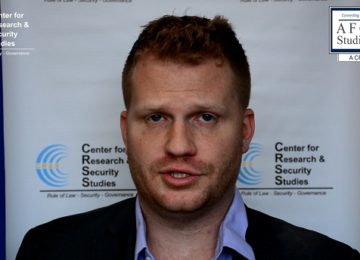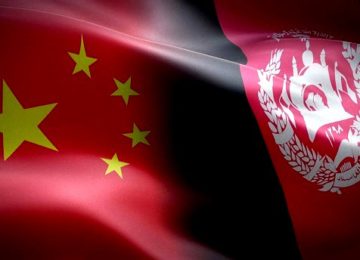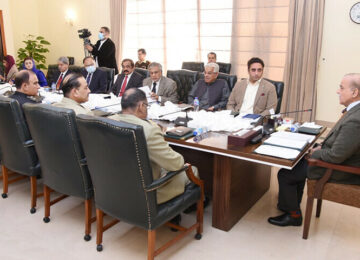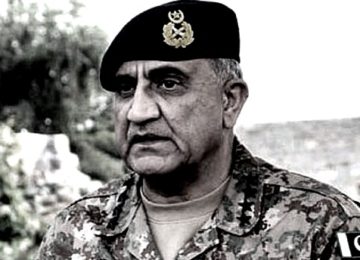October 05, 2018
“We are stuck too much in the past. Past is a ghost. Past is another world; we have to make a new world. Pakistan and Afghanistan cannot kick each other out of this geography. We are stuck here together. Thus, both the countries have no option, but to cooperate”, said Omar Zakhilwal, Afghan Ambassador to Pakistan, while speaking at a seminar, titled “Pakistan-Afghanistan Relations: Exploring the Way Forward”, organized by the Pakistan Institute for Peace Studies (PIPS), an Islamabad-based think tank, in collaboration with Friedrich Ebert Stiftung (FES) on October 04, 2018.
He further said that Pakistan and Afghanistan needed to engage with each other with sincerity and honesty focusing on people of both the nations and overcoming the existing misunderstandings. Overcoming the trust deficit still remained a significant challenge according to him. He further enunciated that there was no dearth of goodwill on both sides and there have happened a lot of positives in the last three years, specifically in the year 2018. This year witnessed wide-ranging high level visits from both sides, formulation and agreement on the comprehensive Afghanistan Pakistan Action Plan for Peace and Solidarity (APAPPS) – which is now in implementation phase – and substantial reduction in the blame game. “If this is possible, then definitely more is possible as well”, he concluded.
Speaking on the occasion, veteran journalist Rahimullah Yousafzai said when Ashraf Ghani was sworn in as Afghanistan’s president, a ray of optimism radiated in Pakistan. Likewise, successive governments from Pakistan’s side have also tried their best to move the relations further. He opined that no relationship was more important than Pak-Afghan bilateral relationship, because other countries may have interests; Pakistan and Afghanistan have high stakes. Relations must be exclusively bilateral between the two to understand each other better and move forward. Pakistan should strike friendship with all ethnic groups in Afghanistan, instead of a particular group.
Moreover, he reasoned that cricket, music, arts and educational diplomacy, are other important areas we can take up more passionately to overcome the mistrust. Lastly, the Islamic State of Iraq and al-Sham (ISIS) is posing itself to be a joint enemy for the two nations – another arena for mutual cooperation, he added. Lt. General (retd) Hamid Khan, former Corps Commander of Peshawar, who was also present on the occasion, seconded the idea that ‘coordinated operation’ can be conducted against common threats, such as ISIS.
The novel dimension of ‘religion diplomacy’ was also discussed in the light of recent international dialogues involving Pakistani and Afghan religious scholars on violence in Afghanistan. A participant of those dialogues, Dr. Qibla Ayaz, the Chairman of the Council of Islamic Ideology (CII), shared that a range of scholarly issues such as religious justification of war in Afghanistan had come under discussion in those sessions. He apprised the audience that the point which is very clear is that all agree on not wanting foreign troops on their soil and want them to withdraw from Afghanistan. However, consensus is needed on the mechanism of the whole process; discussions for which are underway.
Former Ambassador Aziz Ahmed Khan stated that he hoped the challenges would transform into constructive understanding. Touching upon the debate surrounding Prime Minister Imran Khan’s statement of awarding citizenship to Afghan refugees, he said that even if citizenship was not offered, some middle way could be found to deal with the matter, such as provision of resident cards. Nonetheless, Zardasht Shams, Deputy Head of Mission, Embassy of Afghanistan in Islamabad, suggested that his government’s policy was in support of voluntary and dignified repatriation so far, of all Afghan refugees. However, a new Afghan policy in response to Pakistan’s PM Imran Khan’s statement may soon be announced.
Meanwhile, human rights activist Marvi Sirmed said that women on both sides suffered the most when the relations deteriorated. Lamenting the negligible presence of women in APAPPS working groups, she called for including more women voices in any framework or a working group that seeks a sustainable solution on important issues. Commenting on Afghan refugees, she said there is a human dimension to it and ought to be approached as such.
The seminar ended with a loud and clear message that whatever the situation may be, we must not lose hope and optimism, and continue to sustain constructive engagements.
The report is compiled by Saddam Hussein who is a Research Fellow at the Center for Research and Security Studies and Program Officer at CRSS’ sister organization – Afghan Studies Center.



